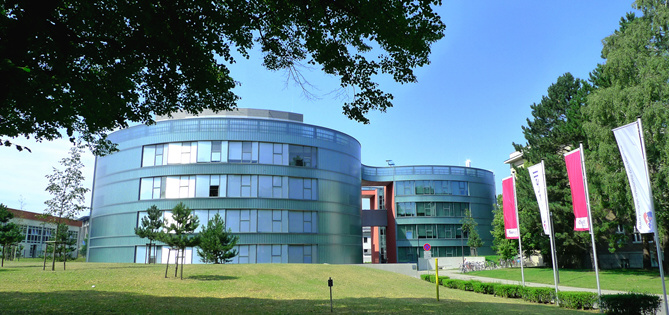J Biol Chem. 2003; 278:14230-14236.
Inactivation of the RB tumor suppressor gene by oncogenic isoforms of the p53 family member p73.
Stiewe T, Stanelle J, Theseling CC, Pollmeier B, Beitzinger M, Pützer BM.
The p53 family includes three members that share significant sequence homology, yet exhibit fundamentally different functions in tumorigenesis. Whereas p53 displays all characteristics of a classical tumor suppressor, its homologues p63 and p73 do not. We have previously shown, that NH(2)-terminally truncated isoforms of p73 (Delta TA-p73), which act as dominant-negative inhibitors of p53 are frequently overexpressed in cancer cells. Here we provide evidence that Delta TA-p73 isoforms also affect the retinoblastoma protein (RB) tumor suppressor pathway independent of p53. Delta TA-p73 isoforms inactivate RB by increased phosphorylation, resulting in enhanced E2F activity and proliferation of fibroblasts. By inactivating the two major tumor suppressor pathways in human cells they act functionally analogous to several viral oncoproteins. These findings provide an explanation for the fundamentally different functions of p53 and p73 in tumorigenesis.

Kontakt
Institut für Experimentelle Gentherapie und Tumorforschung
Core-Facility Virale Vektor & Genom-Editing Technologien
Biomedizinisches Forschungszentrum
Schillingallee 69
D-18057 Rostock
Sekretariat
Ingrid Winkler
(+49) 381 494-5066(+49) 381 494-5062
ingrid.winkler@med.uni-rostock.de
Department Leben, Licht & Materie
Forschungsbau LL&M
Albert-Einstein-Str. 25
D-18059 Rostock
Forschungsbau LL&M
Albert-Einstein-Str. 25
D-18059 Rostock




